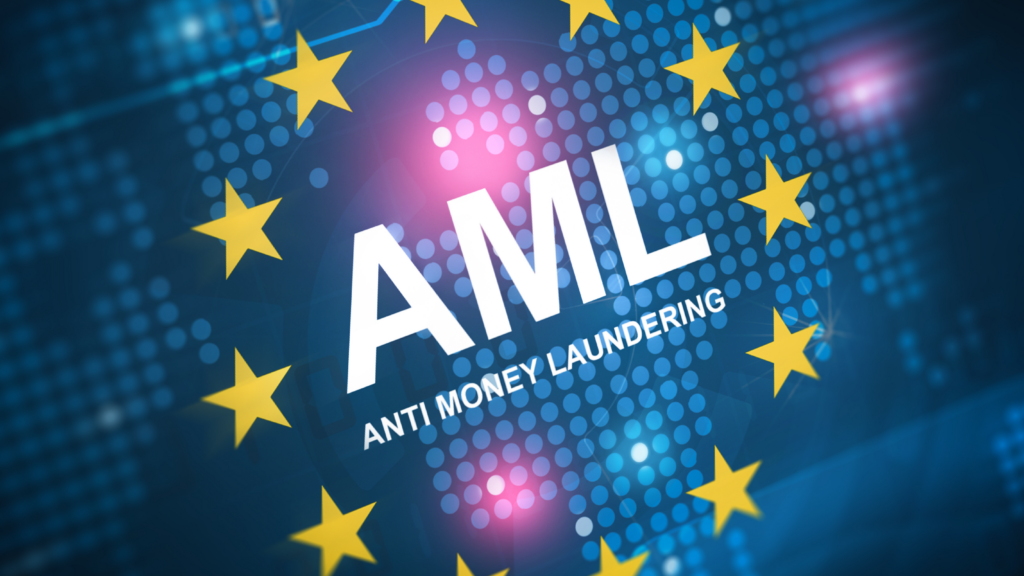WIACON
is your partner who knows the challenges of regulatory compliance and the needs in a dynamic market. With our extensive knowledge and experience, we bridge any gaps between compliance, legal departments, keep top management informed and manage internal and external IT teams, ensuring smooth collaboration and integration of services. We don‘t support siloed approaches, we offer comprehensive advisory services that combine compliance expertise, legal advice, strategic advice and IT implementation. We enable your business in complying with regulations, optimising processes and driving growth. Your path to more success will be based on:
Be Compliant・Stay Compliant

The financial industry is heavily regulated to ensure stability, protect consumers, and reduce financial crime including fraudulent activities. The pace of technological advancement has disrupted traditional business models in the financial industry. To remain competitive, institutions must embrace digital transformation and adopt new technologies to enhance their Anti money laundering functionality along with retaining and attracting top talent.
We cover all aspects of your AML functionality, right from setting up your Compliance and Operations Team, helping you choose right implementation tools and set up, decoding Policy and Strategies and finally the Audit and Quality assurance function to effectively test your functionality and workings.
In today‘s ever-evolving business landscape, integrating Environmental, Social, and Governance (ESG) principles isn‘t just a choice; it‘s a strategic imperative. Our range of services is carefully designed to not only meet your expectations, but to exceed them, so that your company becomes a pioneer in holistic sustainability.
At WIACON we offer holistic services that offer practicable added value. We offer the promise of a brighter, more sustainable future—a future where businesses thrive in harmony with nature and society. Partner with us, and together, let‘s unlock the path to sustainable success.
In today‘s digital age, IT compliance has become a crucial aspect of corporate governance. IT compliance must ensure that IT systems, IT processes and responsibilities of an organisation comply with relevant laws, regulations and standards. This includes protecting sensitive data, managing risk and maintaining the integrity of IT operations. The importance of IT compliance cannot be overstated, as non-compliance can lead to serious legal penalties, financial losses and damage to an organisation‘s reputation, while ensuring compliance in processes and tools will simultaneously contribute to an organization’s business strategy and financial objectives.
WIACON plays an important role in helping organisations navigate the complex landscape of IT compliance. We offer expertise and resources that can streamline the compliance process and ensure adherence to regulations. We have in-depth knowledge of the various regulatory frameworks and can help organisations understand and implement these requirements.
WIACON offers comprehensive sales compliance and customer protection services to help you navigate today's complex regulatory landscape. Backed by years of industry experience, our team provides the insights and practical strategies you need to avoid costly fines, protect your brand's reputation and maintain the trust of your customers.
We recognise that no two businesses are the same. That's why we customise our solutions to meet the unique needs of your business - whether you're a growing startup or an established company. By identifying potential compliance and customer protection issues before they escalate, we help you stay one step ahead of the risks to keep both your business and your customers safe.
As well as providing best practice, we work closely with your team to build a sustainable compliance culture. Our comprehensive training programmes keep your staff up to date with the latest regulations, best practice and effective customer protection measures. If you have any questions, our dedicated support team is always on hand to help and advise.
In the ever-changing, fast-paced regulatory landscape, sanction compliance is a tough nut to crack. However, WIACON is ready to pave this way for you. We have a team of experts in sanctions who can help clients comprehend their obligations and fulfill them effortlessly. Our experts support a wide range of clients, including financial institutions such as banks, FinTech companies, and insurance companies, as well as non-financial institutions such as manufacturers, import-export firms, and e-commerce entities that must also comply with sanctions.
Once you choose us, our adventure together begins by getting to know your company inside and out. With this knowledge in hand, we set out to assist you remain compliant by performing the following services on the right-hand side.
Third-Party Risk Management (TPRM) plays a crucial role in managing a company‘s overall risk, making it an essential component of any risk management framework. TPRM is not a one-size-fits-all solution; it needs to be tailored to each organization based on its specific business model. Outsourcing can be a strategic way to reduce costs and simplify the management of numerous processes. However, it is not without risks and should be approached with a strong governance system and an efficient risk management framework. While TPRM is not fully regulated, it is addressed in various regulations, which highlights the importance of having a robust TPRM framework. At WIACON, we specialize in supporting your TPRM needs, ensuring your organization is well-equipped to manage third-party risks effectively.









